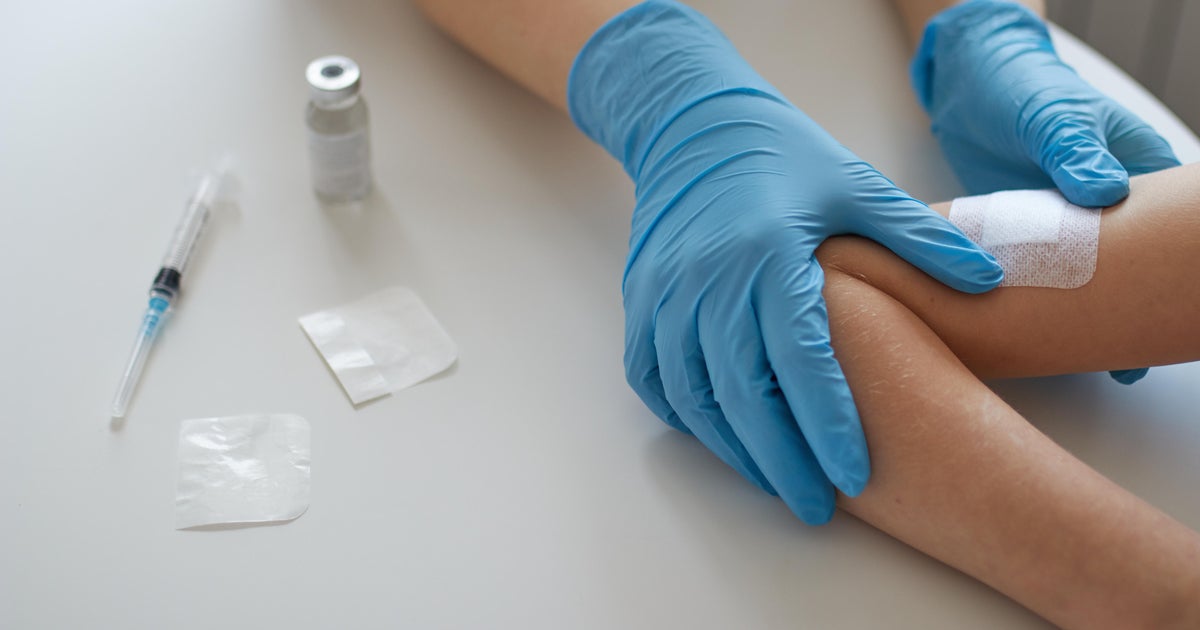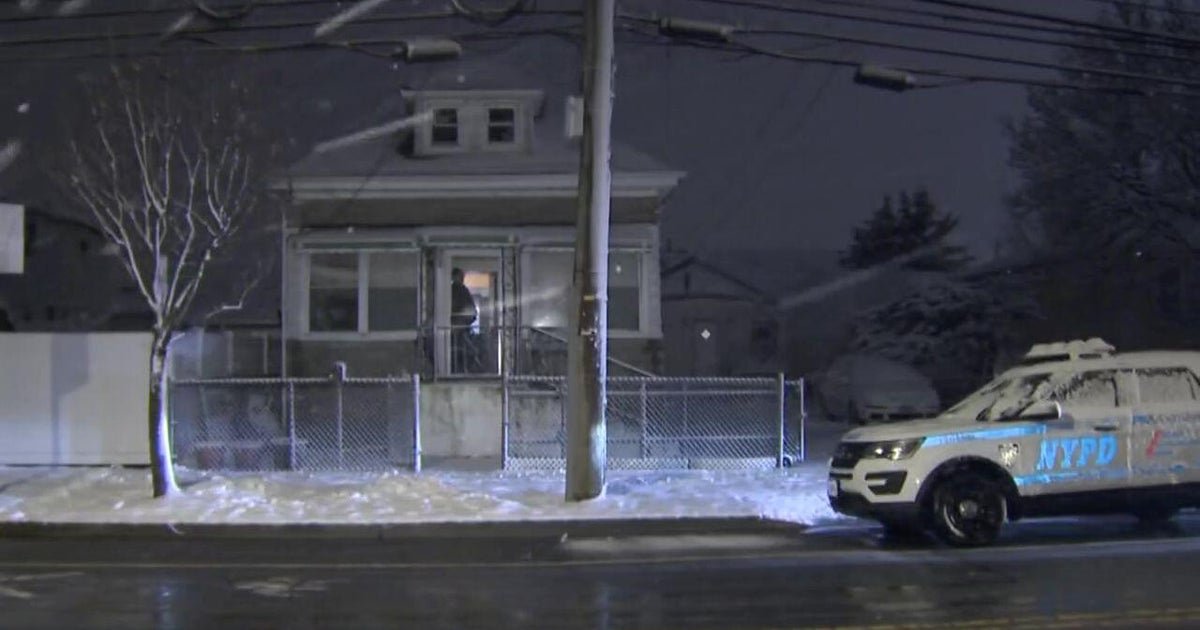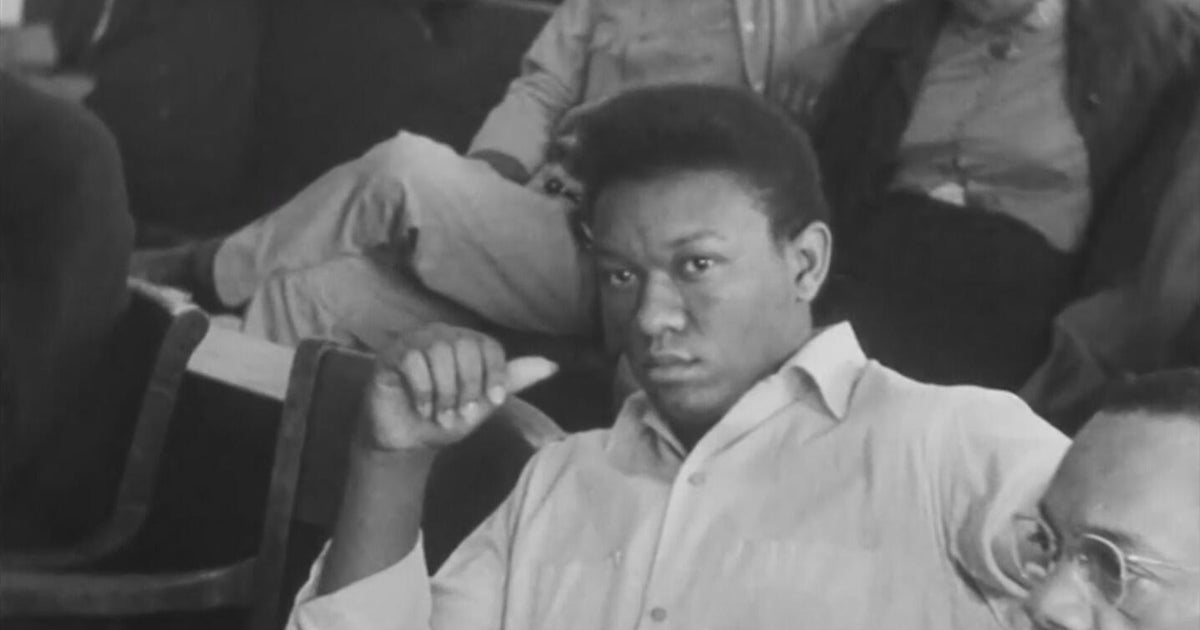Official: Deadly Meningitis Outbreak Impacting Gay Community Stopped
by Alex Silverman, WCBS 880
NEW YORK (CBSNewYork) - Earlier this year a top New York City health official called it "absolutely terrifying." The new strain of meningitis was so lethal some of its victims were found dead in their apartments before they even had a chance to see a doctor. And it only seemed to be appearing in gay men, who were implored to get vaccinated immediately.
The dire warning quickly permeated the gay community in New York. Word of mouth was expedited like never before by Facebook and Twitter. There were vaccination campaigns in gay bars and sex clubs.
So what happened next?
Official: Deadly Meningitis Outbreak Impacting Gay Community Stopped
Dr. Jay Varma, the deputy health commissioner for disease control, told WCBS 880 there has been not a single new case since February, around the time the advisory was issued. "We're very pleased that it appears the outbreak has been stopped. It's the longest period we've gone without a case since the beginning of 2011," he said.
It was an unprecedented education campaign by the city. In addition to the traditional outreach to the news media, the health department targeted the gay population directly through advertisements on blogs, websites, and mobile apps gay men use to find dates and hookups. "We have learned a lot about the impact we can have using other ways of getting messages out," Varma said, noting the department's close alliance with gay advocacy organizations which helped guide the campaign and spread the word.
22 men were infected and seven died since 2010. From the beginning, health officials were stymied by a disease that could be spread by close non-sexual contact, but seemed to be contained only to gay men. "And that still remains a bit of a mystery," Varma said.
There are extensive laboratory studies underway, and the health department has been interviewing survivors of the disease to determine why some people got it and some didn't. "The basic answer is we don't really know," he said. "We have a number of different theories, but we're trying to understand which is likely to be true."
"It's certainly possible there could be similar outbreaks in other places," Varma said. "The more we learn from our experience the more likely we are to prevent this from becoming a problem either here in New York City or somewhere else."
In the meantime, the health department's advice to men who have intimate contact with other men they meet online or at bars or parties is still: get the vaccine.
You May Also Be Interested In These Stories:







